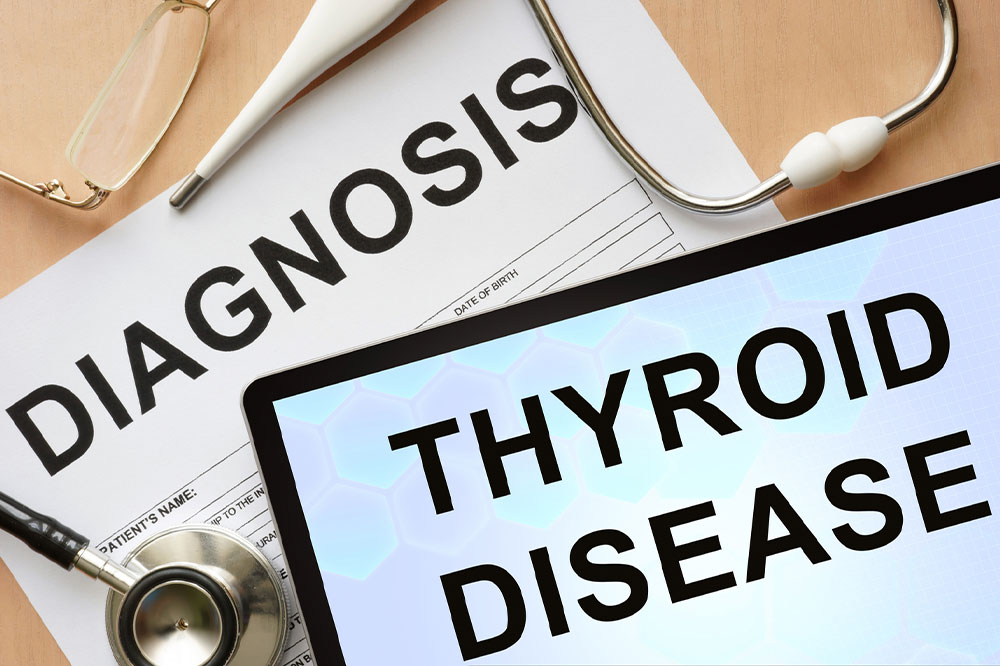Hypothyroidism vs. hyperthyroidism – Know the difference
Although both hypothyroidism and hyperthyroidism affect the same gland, they have a quite the opposite effect on your body. This butterfly-shaped thyroid gland is located in the front of your neck and acts as a control center of your body. The thyroid secretes hormones that help maintain the brain, muscles, heart, and other organs; it also helps the body use energy properly. When comparing Hypothyroidism versus Hyperthyroidism, it cannot be ignored that when something goes awry, it leads to underactive thyroid or overactive one.

Symptoms of hypothyroidism versus hyperthyroidism
In case of hypothyroidism, the condition is like that of a clock winding down. Eventually, the whole metabolism slows down causing the heart rate to slow down than normal, the intestinal tract becomes sluggish, and there is less heat produced. Some of the symptoms that show up as a result of hypothyroidism or underactive thyroid are fatigue, forgetfulness, brittle nails, constipation, dry skin, dry hair, muscle cramps, swelling in the front of the neck, decreased menstrual flow, depression, and weight gain. However, if a person with hypothyroidism maintains a normal activity level, he or she may gain only a few pounds. Though, in usual cases, most people with hypothyroidism feel so tired that eventually they change their routine, stop exercising, and sleep more than usual. This, in turn, causes more weight gain.
Moreover, think of hyperthyroidism, which is also known as overactive thyroid, as a racing car engine. With hyperthyroidism, the symptoms of a fast metabolism begin to appear as all body functions tend to speed up. As a result of an overactive thyroid, you feel hot, sweat a lot, have problems regarding falling asleep, start over thinking, experience forgetfulness, and there will be changes in bowel movements. Moreover, this condition leads to elevated heart rate and palpitations. Even symptoms of anxiety and fatigue may appear. Additionally, one may feel nervousness and irritability. There are also issues related to menstrual cycle, and weight loss is observed as a symptom as well. It is essential to note that the weight loss that is caused by an overactive thyroid is not a healthy weight loss in particular. The weight loss is associated with muscle loss and constant fatigue as well.
If you are currently experiencing any of the above symptoms of thyroid disorder whether of hypothyroidism or hyperthyroidism, it is essential to seek professional help. If one has an overactive or underactive thyroid, they can then get it treated further to ease the symptoms.




